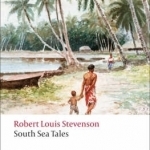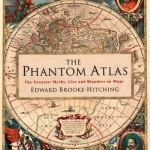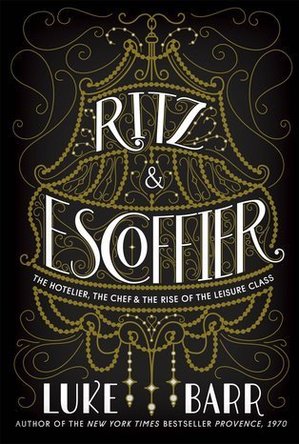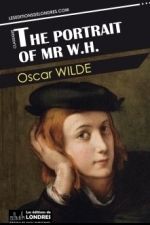
South Sea Tales
Robert Louis Stevenson and Roslyn Jolly
Book
The literary world was shocked when in 1889, at the height of his career, Robert Louis Stevenson...
Eilidh G Clark (177 KP) rated The Portrait of Mr W.H. in Books
May 14, 2017
Wilde presents a subjective interpretation of Shakespeare’s sonnets that portrays homoerotic sexual desire as the force for creative inspiration. Foremost, through the character Cyril Graham, the author demonstrates that art is ‘an attempt to realise one’s own personality on some imaginative plane out of reach of the trammelling accidents and limitations of real life’, (Wilde, p.111).
Taking from a hypothesis in the previous century by Edmund Malone and Thomas Tyrwhitt, the character of Cyril forms a theory in which Mr W.H. is a young actor named Willie Hughes, employed by Shakespeare and who is the muse to which the sonnets are devoted. Cyril investigates each poem and pieces together a theory he believes to be true.
On the surface, Cyril’s theory derives from feeling and beauty rather than logic and instruction.
The withholding of facts in Shakespeare’s sonnets energises Cyril. He scours the poems to find a clue that harmonise with his own feelings. Cyril believes that Shakespeare influences his readers by guiding them to Willie Hughes.
Cyril, spurned by the moralistic interpretations of previous critics, becomes enthralled by Shakespeare’s muse.
Hitler: Volume I: Ascent 1889-1939
Volker Ullrich and Jefferson S. Chase
Book
Selected as a Book of the Year by the New York Times, Times Literary Supplement and The Times...

Architecture as the Ethics of Climate
Book
At a time when climate and ethics have become so important to architectural debate, this book...

The Phantom Atlas: The Greatest Myths, Lies and Blunders on Maps
Book
The Phantom Atlas is an atlas of the world not as it ever existed, but as it was thought to be....

Ritz and Escoffier: The Hotelier, the Chef, and the Rise of the Leisure Class
Book
In a tale replete with scandal and opulence, Luke Barr, author of the New York Times bestselling...

Heidegger's Hut
Book
"This is the most thorough architectural 'crit' of a hut ever set down, the justification for which...

Polska Biblia Gdańska. Pismo Święte (Polish Bible)
Book and Education
App
Polskie Biblia (Polish Holy Bible) Gdańska Biblia gdańska – przekład Biblii na język polski z...

The Wall Street Journal.
News and Magazines & Newspapers
App
Stay ahead of the competition with the app that’s as ambitious as you are. Get the trusted...

